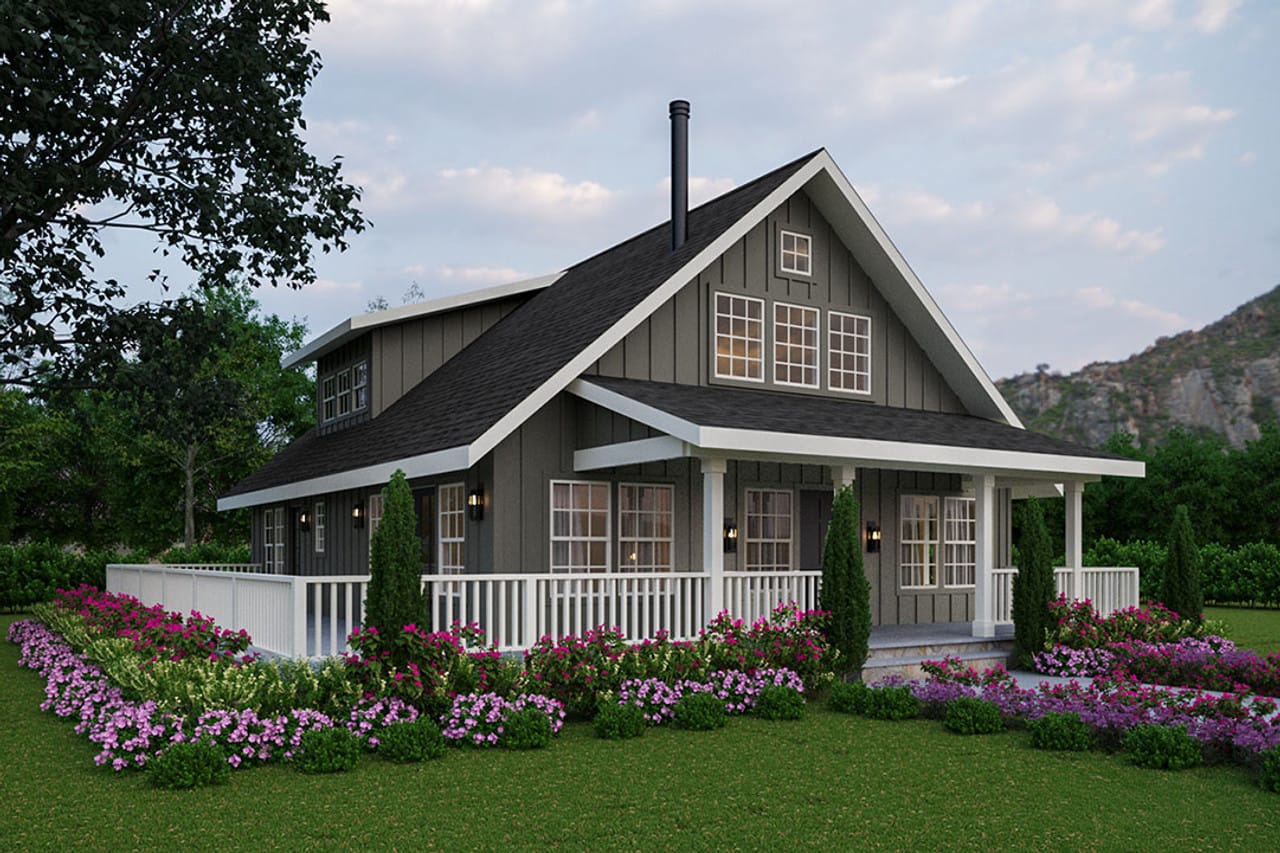
Exploring the poppy's significance in war remembrance
and its cultivation as a stunning garden plant
By Patricia Hanbidge
Key points from this story:
- Poppies linked to war remembrance since 1800s
- John McCrae wrote "In Flanders Field"
- Royal Canadian Legion's Poppy Campaign supports veterans
- Over 50 species of poppies available
- Poppies are easy to grow, prefer sun
- Remembrance Day on November 11th
It is in November when poppies are most revered. Back in the early 19th century, during the Napoleonic wars was the first connection of the poppy to those who lost their lives in times of war. The fields of war were barren before the battles were fought but after the fighting ended the fields were filled with mile after mile of blood-red poppies. Once again during World War I, when some 8.5 million soldiers died due to battlefield injuries or disease, the fields became rich with lime from rubble and again the poppies thrived.
Lieutenant Colonel John McCrae, a Canadian from Guelph, Ontario and a surgeon for an Allied artillery unit, spotted these poppies and wrote the famous poem "In Flanders Field". This poem forever memorialized the poppy and in the 1920's Madame Guerin first used the sale of handmade poppies to raise monies for children and to help rebuild war ravaged France.
Today, it is the mission of the Royal Canadian Legion to "serve veterans and their dependents, to promote Remembrance, and to act in the service of Canada and its communities". The Poppy Campaign is not only a major funding source distributing poppies Canada wide, but also serves to perpetuate Remembrance and ensures the memory of the sacrifices made by our war veterans both today and yesterday are not forgotten. Please help to support this mission by buying a poppy and wearing it proudly!
In addition to being a revered symbol, poppies are simply a stunning plant! They do not need a lot of care and there are over 50 species of annuals and perennials that can be grown quite easily. The only downside to growing any poppy is their short blooming time. Grow them if you can in a sheltered location in almost any types of soil that is well drained.
The Flanders or Shirley poppies (Papaver rhoes) are one of the simplest poppies you can grow. It is a remarkable experience to see seas of scarlet in the fields of Europe. I will never forget in the heart of England going for a walk one evening - through the village, past an ancient well and up a pathway to the top of a rise. At the top of the rise, just as the sun was setting were endless miles of red which of course was none other than the immortalized poppy!
The Iceland poppy (P. nudicale) is a biennial that grows like an annual. The silky petals are intensely coloured and will produce up to 50 flowers per plant. Ensure that you plant this selection in an unmulched area to allow reseeding.
The Oriental poppy (P. orientale) that boasts large orange, red or salmon flowers in June or July. Try the dwarf cultivars 'Allegro' which is featured in the image with this article or 'Beauty of Livermore' which has blood red flowers and grows up to a metre in height.
P. somniferum (corn poppy) is a large flowered poppy that produces huge flowers. Following bloom, the large seed pods are filled with edible seeds and are also very attractive in dried arrangements.
The Himalayan blue poppy actually belongs to a different genus (Meconopsis) and is similar to true poppies in many ways. It is a perennial for us here and blooms a beautiful blue. They need to be grown in partial shade and need an evenly moist environment.
Grow poppies of any kind in full sun and rich, well-drained soil. Poppies are easy to plant - simply sprinkle seeds lightly on the soil and gently work in. As the seedlings grow, thin so there is 4 to 8 inches between plants. Many poppies will self-seed so ensure that they are planted where they can spread. Although the flowers are spectacular, the foliage is less so, so plant them behind other perennials so the foliage is less obvious after bloom.
Lest we forget - November 11th, take a moment to remember... and next spring, grow more poppies!
Last Mountain Times Newsletter
Join the newsletter to receive the latest updates in your inbox.


